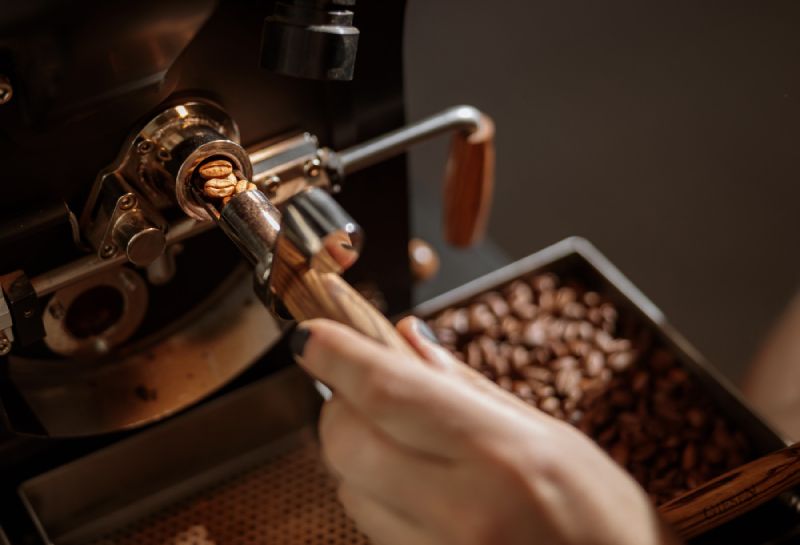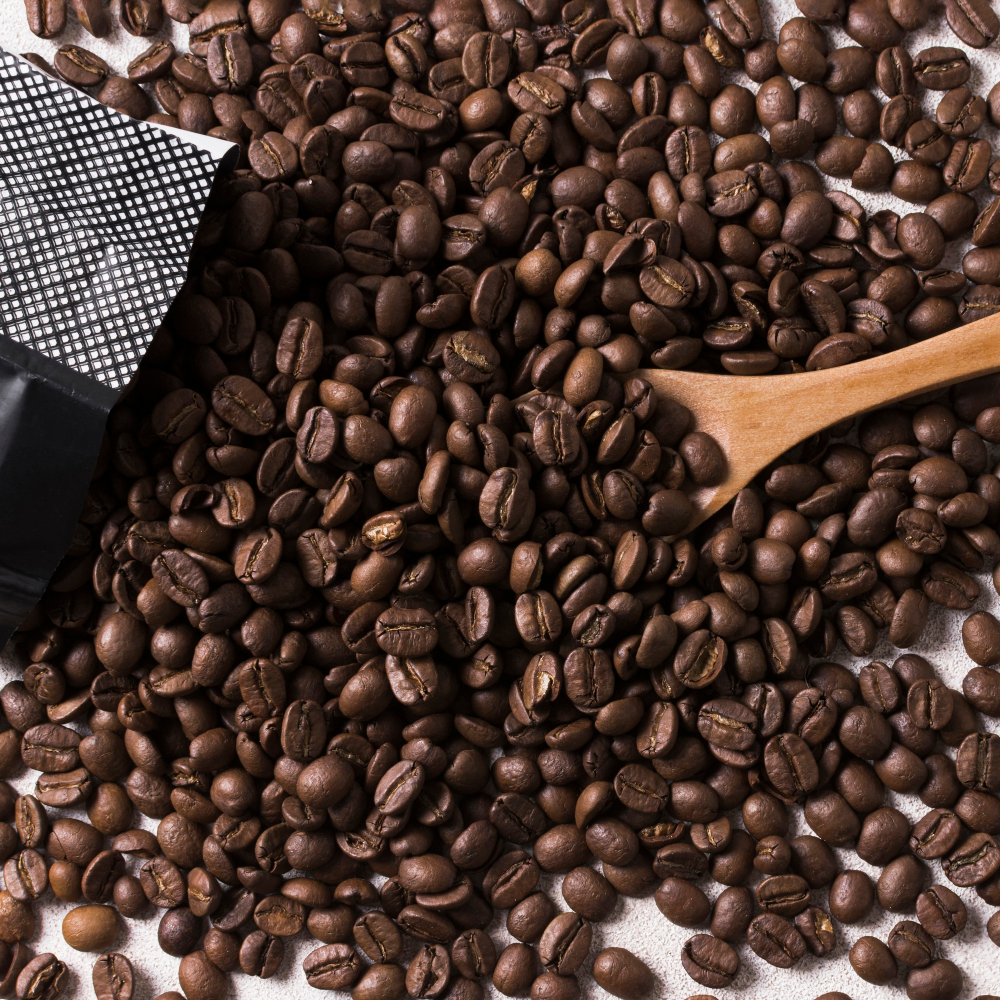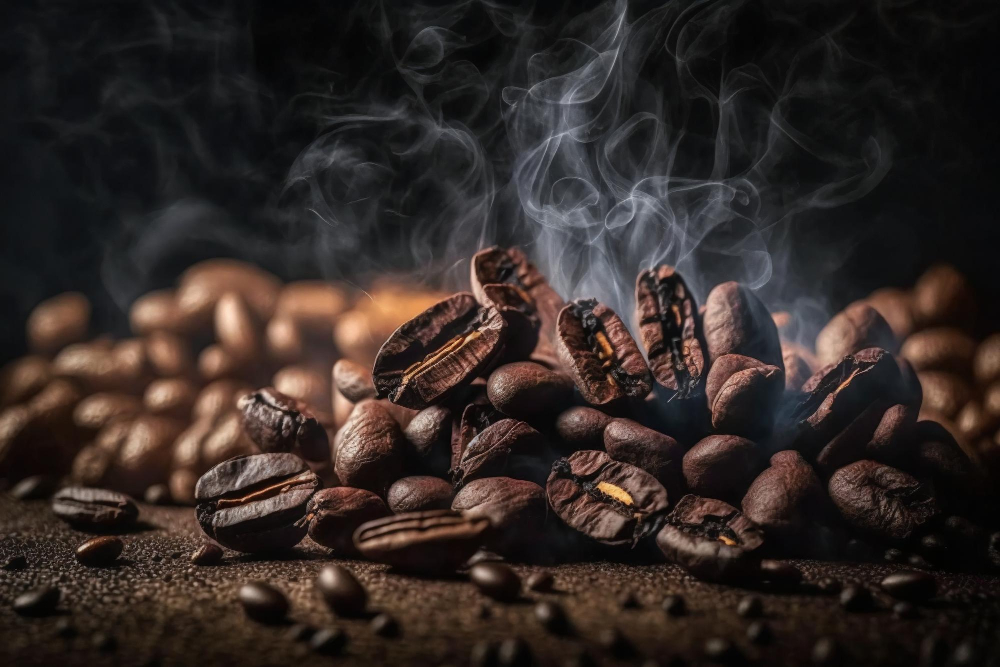Waiting after roasting coffee allows the beans to reach their peak flavour and ensures the best possible taste. The process of resting, also known as “degassing,” is essential in allowing the coffee beans to release excess carbon dioxide, which can negatively affect the taste if not given enough time. In this article, we will explore various aspects of resting coffee beans after roasting and how it contributes to a better coffee experience.
How long to wait after roasting coffee before grinding?
It is generally recommended to wait at least 12-24 hours after roasting before grinding coffee beans. This allows sufficient time for the beans to release excess carbon dioxide, which can cause a bitter and sour taste if not allowed to dissipate. In some cases, waiting up to 72 hours may yield even better results, as the flavours continue to develop during this time.
Can you drink coffee that was just roasted?
While you can technically drink coffee that has just been roasted, doing so may not provide the best taste. Freshly roasted beans need time to degas and fully develop their flavours. Drinking coffee immediately after roasting may result in a bitter or sour taste, as the beans have not had enough time to release the excess carbon dioxide.
It is generally recommended to wait at least 12-24 hours after roasting before grinding and brewing coffee for optimal flavour.
What is the 1 week rule for coffee?
The “1 week rule” is a common guideline that suggests coffee beans reach their peak flavour within one week of being roasted. This timeframe takes into account the degassing process and the continued development of flavours after roasting. To ensure the best taste, it is recommended to grind and brew coffee beans within this one-week window.
- Day 1-3: Degassing period
- Day 4-7: Peak flavour window
- Day 8 onwards: Gradual decline in flavour
Is it OK to grind coffee beans the night before?
Grinding coffee beans the night before is not ideal, as ground coffee begins to lose its freshness and flavour quite rapidly. The coffee’s surface area increases when it is ground, which exposes it to oxygen and accelerates the process of oxidation. This can lead to a stale or flat taste in your brewed coffee.
For the best results, it is recommended to grind coffee beans immediately before brewing.
Can you use fresh coffee beans straight away?
Using freshly roasted coffee beans straight away is not advisable, as they need time to degas and develop their full flavour potential. As mentioned earlier, it is best to wait at least 12-24 hours after roasting before grinding and brewing to achieve optimal taste. Skipping this resting period may result in a subpar coffee experience, with a bitter or sour taste due to the excess carbon dioxide in the beans.
What happens if you roast coffee too fast?
Roasting coffee too fast can lead to a number of issues that negatively impact the quality and taste of the beans. Some potential problems include:
- Underdevelopment: Insufficient roasting time may result in underdeveloped beans, which can produce a sour, grassy, or acidic taste in your coffee.
- Uneven roast: Roasting too quickly may cause uneven heat distribution, leading to an inconsistent roast with both underdeveloped and overdeveloped beans in the same batch.
- Scorching: High temperatures and rapid roasting can scorch the beans’ exterior, resulting in a burnt or bitter flavour profile.
- Loss of nuance: The delicate flavours and aromas that make each coffee unique may be lost or diminished if the beans are roasted too quickly, leading to a less complex and enjoyable cup.
To avoid these issues, it is crucial to carefully control the roasting process and ensure that the beans are roasted at a consistent and appropriate rate, allowing them to fully develop their flavours and reach their full potential.
In Conclusion
Waiting after roasting coffee is a crucial step in ensuring the best possible taste and quality in your brew. Allowing the beans to rest and degas for at least 12-24 hours after roasting, and ideally brewing them within the one-week peak flavour window, can significantly enhance your coffee experience. Remember to avoid grinding the beans too far in advance and to be mindful of the roasting process to prevent any potential issues that may negatively impact the taste of your coffee.



